SRCE > Electrical and Electronics Engineering
Electrical and Electronics Engineering
About the Department:
The Department of Electrical and Electronics Engineering was started in the year 2006 and presently it offers an undergraduate program in Electrical and Electronics Engineering. The Department has qualified faculty members with excellent academic records. The Department is equipped with excellent laboratory facilities.
The Electrical Engineering department has a separate department library to cater to the specific needs of the Electrical Engineering students. The computer and internet facilities are made available to the students round the clock. The department has initiated conducting National Conference, Technical Symposiums, Inter/Intra department Activities and Funding agencies Sponsored Workshops and Seminars.
About the Program:
Electrical & Electronics Engineering (EEE), deals with the engineering problems, opportunities and needs of electrical, electronics, computer, telecommunication systems and related industries.
This branch provides students with a wide range of fundamental knowledge in core disciplines such as communications, control systems, signal processing, radio frequency design, micro-processors, micro-electronics, power generation and electrical machines. The discipline focuses on the design and manufacture of electrical and electronic devices, computers and their component parts, as well as on the integration of components into complex systems.
Program Scope:
On completion of the Electrical and Electronics Engineering program, the student will have the following Program Specific Outcomes.
Career Scope:
- Design Engineer
- Project Engineer
- Engineering Specialist
- Chief Engineer
- Quality Control Engineer
- Software Engineer
- Development Engineer
- Reliability Engineer
- Research Engineer
- Systems Design Engineer
- Field Engineer
- Test Engineer
- Sales Engineer
Electrical & Electronics engineers can work in a wide range of fields such as:
- Power Generation
- Electronics
- Computers & Control systems
- Telecommunication and Bio-Medical
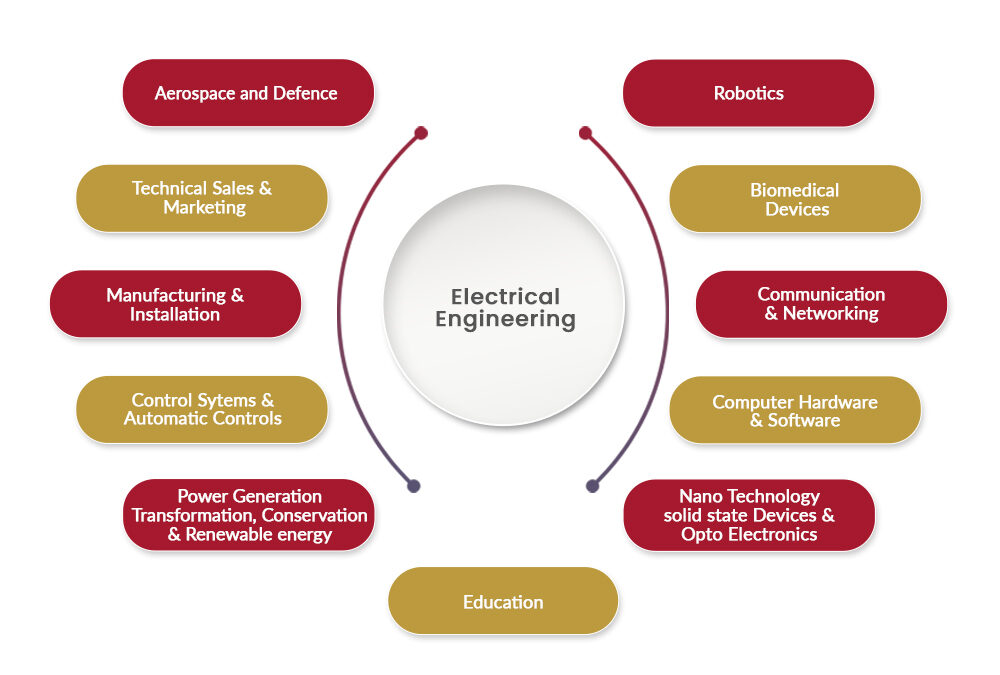
Program Outcomes(POs)
Engineering knowledge: Apply knowledge of Mathematics, Basic Science and Engineering Science.
Problem analysis: Identity, formulate and solve Engineering problems.
Design/development of solutions: Design an Electrical system or process to improve its performance and satisfy its constraints.
Conduct investigations of complex problems: Conduct experiments in electrical and electronic systems and interpret the data.
Modern tool usage: Apply various tools and techniques to improve the efficiency of the system.
The Engineer and society: Conduct themselves to uphold their professional and social obligations.
Environment and sustainability: Design the system with environmental consciousness and sustainable development.
Ethics: Interacting industry, business and society in a professional and ethical manner.
Individual and team work: Functions in a multidisciplinary team.
Communication: Proficiency in oral and written Communication.
Project management and finance: Implement a cost-effective and improved system.
Life-long learning: Continue Professional Development and Learning as a life-long activity.
Program Educational Objectives (PEOs)
- Find Employment in Core Electrical and Electronics Engineering and service sectors.
- Get elevated to a technical lead position and lead the organization competitively.
- Enter into higher studies leading to post-graduate and research degrees. Become a consultant and provide solutions to the practical problems of the core organization.
- Become an Entrepreneur and be part of the Electrical and Electronics product and service industries.
Laboratory:
- Electronic Devices and Circuits Laboratory
- Electrical Machines Laboratory – I
- C Programming and Data Structures Laboratory
- Electrical Machines Laboratory – II
- Linear and Digital Circuits Laboratory
- Microprocessor and Microcontroller Laboratory
- Power Electronics Laboratory
- Control and Instrumentation Laboratory
- Power System Laboratory
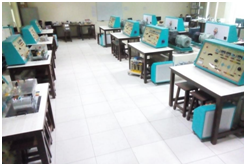
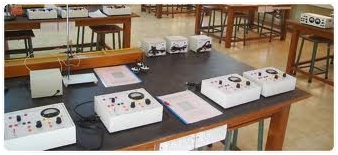
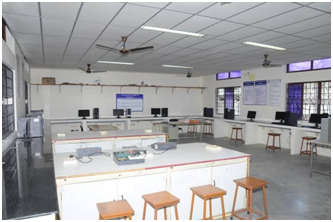
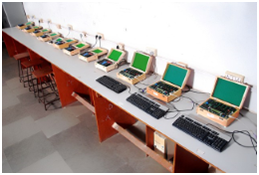
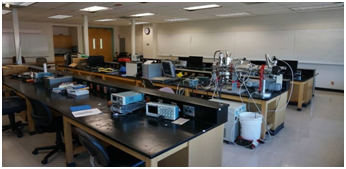
Faculty
- Effective teaching
- Promote their solution to a technical problem
- Curriculum Expertise
- Engaged students in research activity
Placements
Alumni
SRCE’S Electrical and Electronics Engineering has over 1,700 Alumni living across India and throughout the World working in both the Government and Private sectors like heavy vehicles factory, Siemens and Ford India. Some even continue to graduate high-quality scientists, Engineers, and Researchers at the PhD and MS levels.








